Protein for runners with dietary restrictions
A nutritionist provides three sample meal plans for runners who don't eat meat to help them get enough protein in their diet
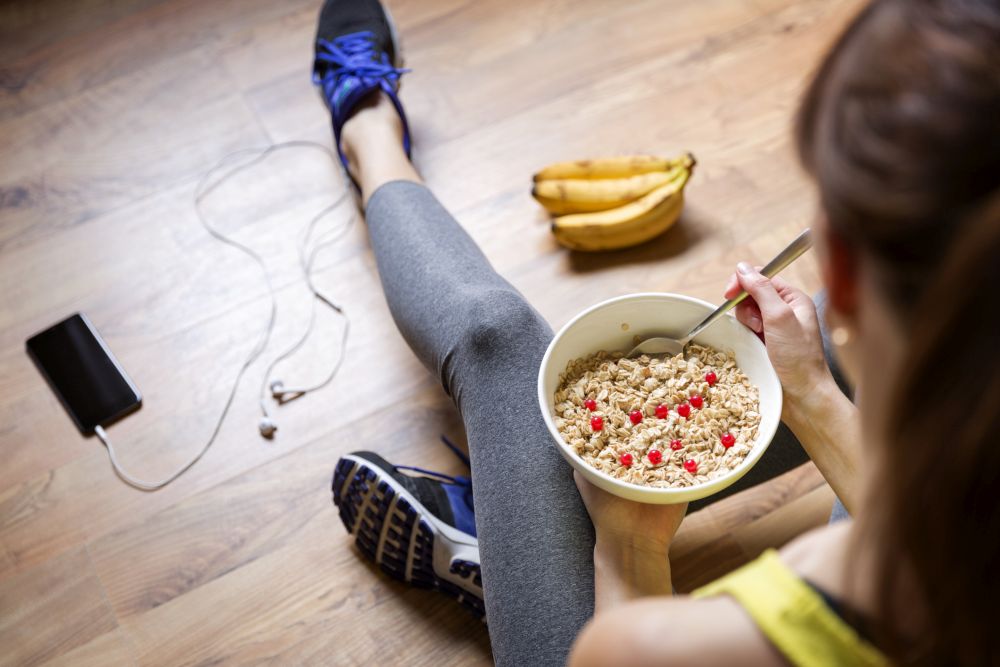
Protein is an important part of your diet no matter who you are, but for runners, it is a crucial macronutrient to support muscle performance and recovery. If you eat meat and other animal products, getting enough protein in your diet is fairly simple, but runners with dietary restrictions have to put more thought into where their protein is coming from. We spoke with Signe Svanfeldt, head of nutrition and food science at the global nutrition app Lifesum (used by Nike Run Club and Nike Training), who provided us with sample meal plans for runners with various restrictions to help them get adequate protein in their diet.
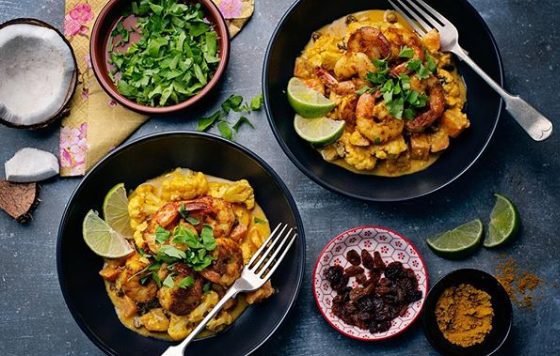
RELATED: Canadian company develops protein powder specifically for runners
How much protein do runners need?
Svanfeldt says the average person should aim to eat 0.8 g of protein per kilogram of body weight per day (0.36 g/pound). Runners, particularly those who run a lot of mileage or who include multiple high-intensity sessions in their training plan, should aim to get even more than that. For these people, Svanfeldt recommends they aim for 1.2-2 g per kilogram of body weight (0.5-0.9 g per pound).
For example, a runner who weighs 60 kg (approximately 130 pounds) should aim to eat 72-120 g of protein each day. A runner who weighs 80 kg (approximately 175 pounds) should aim for 96-180 g of protein each day.
Protein sources for runners with dietary restrictions
Of course, for runners who don’t eat meat, hitting their daily protein targets can be more difficult. Below, Svanfeldt has provided examples of good protein sources for these runners, along with a sample meal plan for each type of diet.
Pescatarian
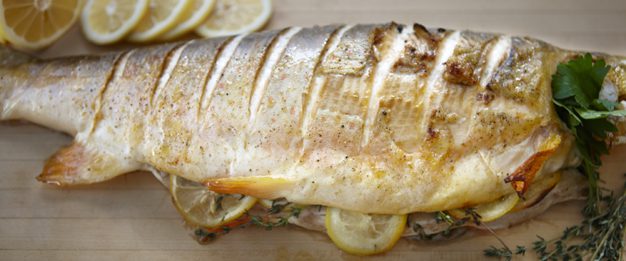
Types of proteins:
- Cod 18 g protein/100 g
- Salmon 20 g protein/100 g
- Tofu 13 g protein/100 g
- Edamame beans 12 g protein/100 g
- Greek yogurt 10 g protein/100 g
Sample meal plan:
Breakfast: Scrambled eggs and cold smoked salmon — 29 g protein
Lunch: Seared salmon and mango salad — 34 g protein
Dinner: Sauteed cod with roasted vegetables — 40 g protein
Snack 1: Tuna bites — 22 g protein
Snack 2: Apple salad with cottage cheese — 17 g protein
Total: 142 g of protein
Vegetarian
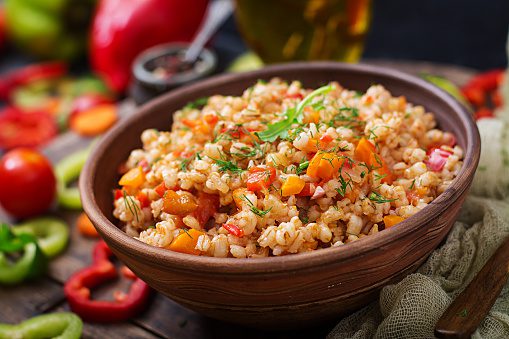
RELATED: Nutrition advice for vegetarian runners
Types of proteins:
- Tofu, silken 8 g/ 100 g
- Edamame beans 12 g/100 g
- Quinoa (uncooked) 14 g/100 g
- Feta cheese 14 g/100 g
- Cottage cheese 11 g protein/100g
Sample meal plan:
Breakfast: Fruit and almond bowl — 28 g protein
Lunch: Rice bowl with avocado and eggs — 24 g protein
Dinner: Vegan bolognese with pasta — 26 g protein
Snack 1: Cottage cheese & berries — 17 g protein
Snack 2: Berry smoothie with Greek yogurt — 13 g
Total: 108 g protein
Vegan
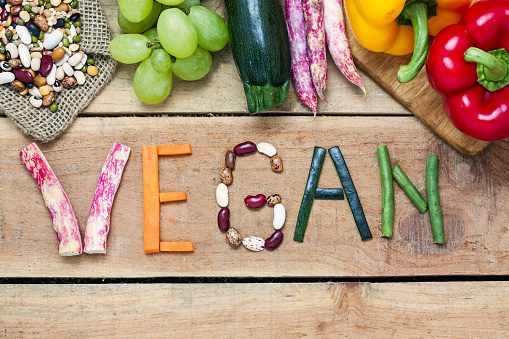
Types of proteins:
- Lentils (uncooked) 24.6 g/100 g
- Chickpeas (cooked) 7 g/100 g
- Old-fashioned rolled oats 13 g/100g
- Pumpkin seeds 30 g/100 g
- Whole grain pasta (uncooked) 13 g/100g
Sample meal plan:
Breakfast: Toast with scrambled tofu — 23 g protein
Lunch: Chickpea stew with wheat berry — 22 g protein
Dinner: Kale pasta with tofu — 31 g protein
Snack 1: Strawberry and peanut smoothie with silken tofu — 18 g protein
Snack 2: Roasted green peas — 10 g protein
Total: 104 g of protein


